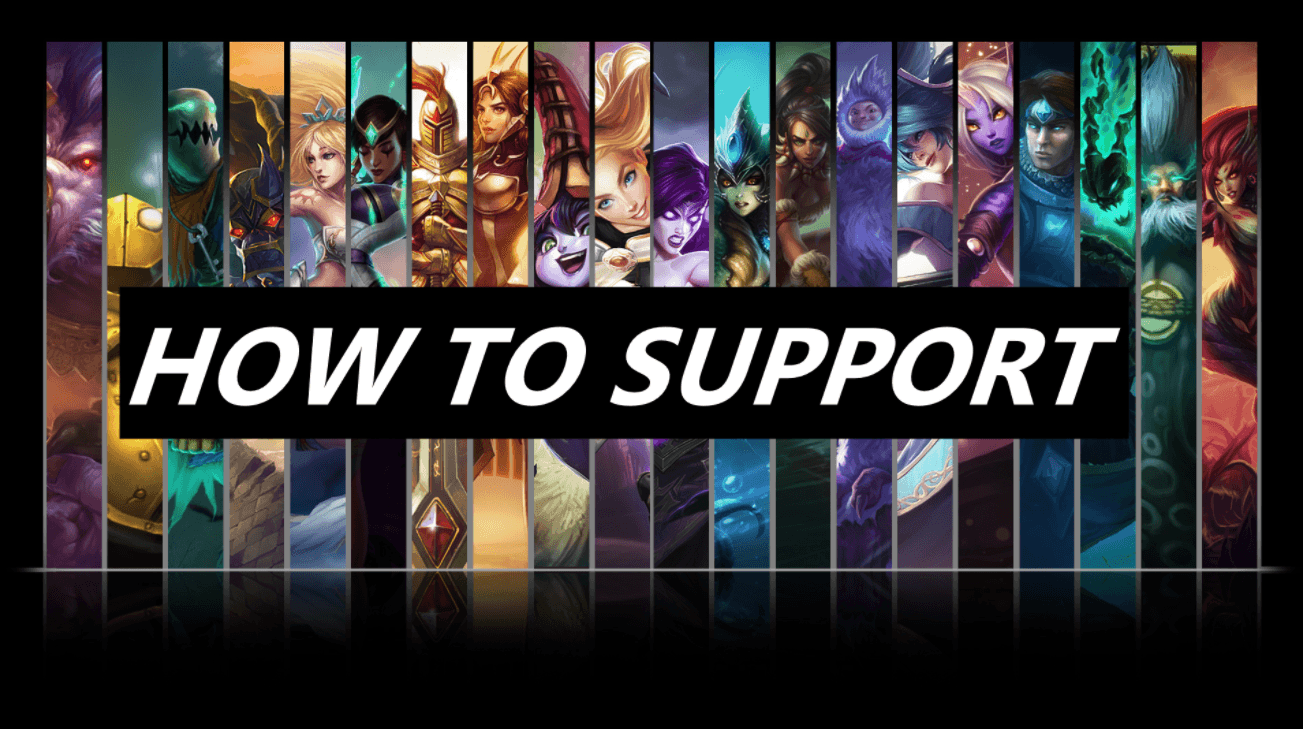

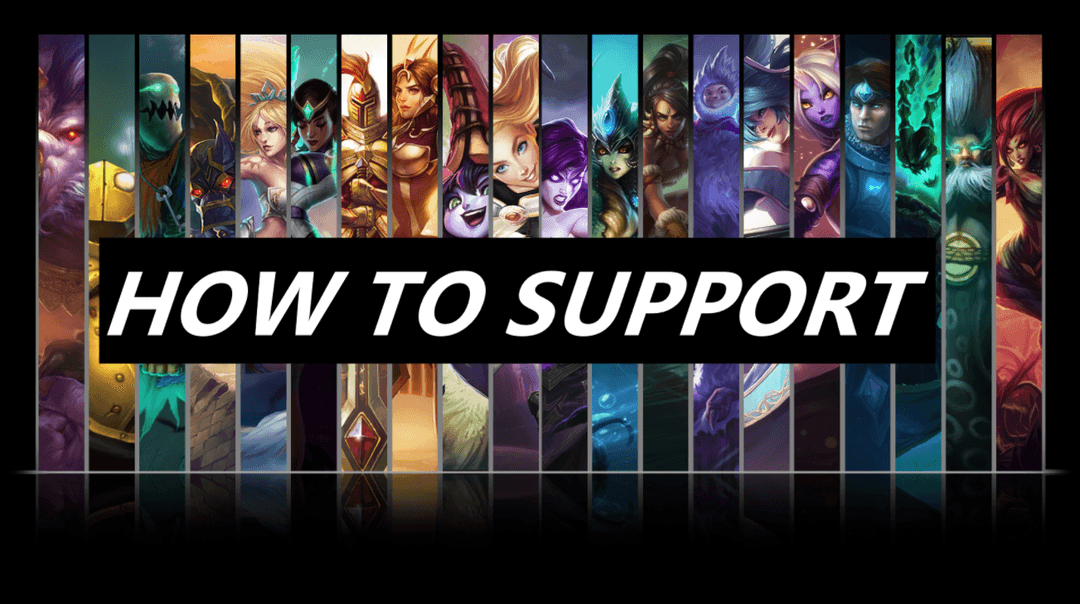
Forget the outdated notion that support is merely the ADC's sidekick. Support can decide the game's result and carry the team to victory. In League of Legends, mastering the support role demands map awareness, precise execution, and a thorough understanding of game flow.
This LoL support guide provides the essential beginner tips for support play. Let's advance your game from passive bystander to playmaker.
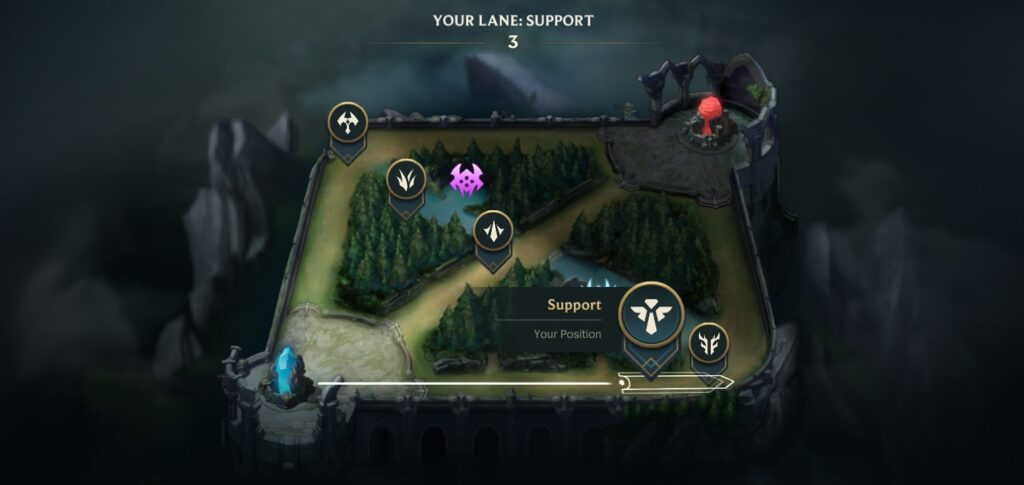
So, what does it really mean to play support in League? At its core, the support role in league is about enabling your team, primarily your bot lane carry (ADC), during the laning phase, and extending that influence across the map as the game progresses.
Your main tasks aren’t farming minions or getting kills, though assists are your bread and butter. Instead, you control vision, dictate the pace of the lane, set up plays, protect key teammates, and provide utility that swings fights.
Think of yourself as the director, subtly guiding the action towards a successful outcome. It's one of the most influential yet often underappreciated roles in League of Legends.
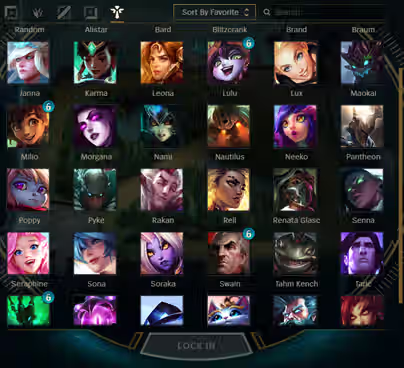
Around 55 out of the total 170 champions in LoL are often played as support. Your choice of support champion dramatically alters how you approach the lane and the game. Generally, they fall into a few key categories:
Champions like Janna or Soraka focus on empowering and protecting their allies. They offer heals, shields, speed boosts, and disengage tools. If you prefer a reactive, protective playstyle, keeping your ADC alive against all odds, enchanters are your calling.
These are the frontline playmakers. Think champions like Leona or Alistar. Melee supports often fit here. They excel at locking down enemy targets with crowd control, initiating fights, and absorbing damage. If you like being in the thick of it and making aggressive plays, engage supports are a perfect fit.
These supports aim to harass the enemy bot lane, poke down their health, and control the lane through damage. Think Lux, Brand, or Xerath. They deal significant damage but are often more squishy. Pick support champions like these if you enjoy constantly pressuring your opponents.
Understanding the strengths and weaknesses of each type of support and how they match up against the enemy bot lane duo is key to winning.
The first 10-15 minutes, the laning phase, are critical. Your actions here set the tone for your ADC's ability to scale and impact the mid to late game.
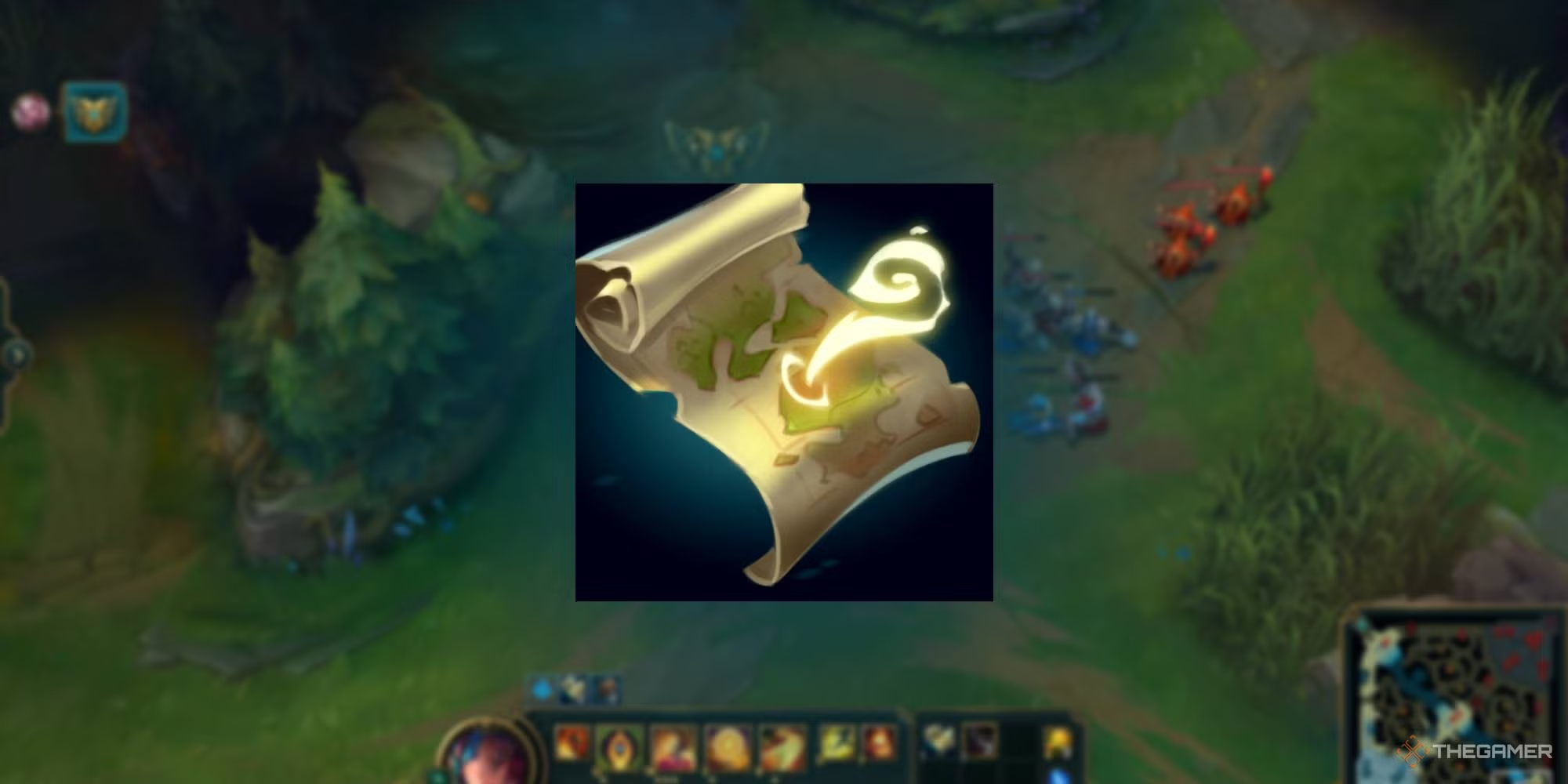
Forget about last-hitting minions; your gold income as support comes from a universal item: World Atlas. At the start of every game, all supports purchase World Atlas for 400 gold. It provides health, base health and mana regeneration, and, most importantly, passive gold generation. You earn gold by damaging enemy champions or turrets or executing minions with item charges, depending on your champion’s playstyle.
The progression is simple but crucial:
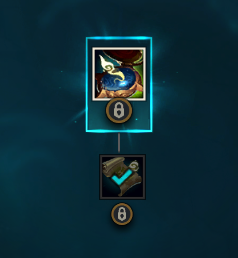
First Upgrade (400 gold earned): Once you generate 400 gold with World Atlas, it automatically upgrades to Runic Compass. This grants improved stats, increased gold generation, and 3 ward charges.
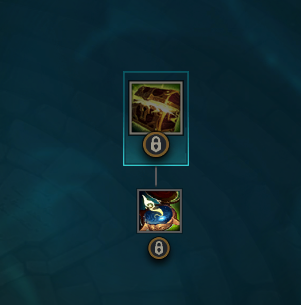
Final Upgrade (800 gold earned): After earning a total of 800 gold from the item’s passive, it automatically upgrades to Bounty of Worlds, an essential placeholder before you select one of five powerful support item upgrades, each tailored to a different support archetype:
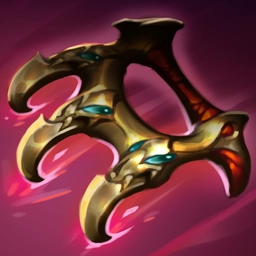
Bloodsong: Extra poke damage for AD supports (e.g., Senna, Ashe).
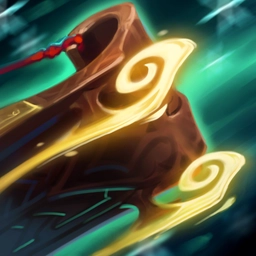
Solstice Sleigh: Movement and crowd control boosts for CC-heavy supports (e.g., Bard, Thresh).
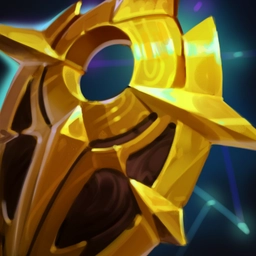
Celestial Opposition: Damage reduction and a shockwave effect for tank supports (e.g., Leona, Alistar).
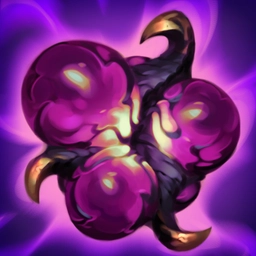
Zaz’Zak’s Realmspike: Bonus damage after poking for AP mage supports (e.g., Zyra, Brand).
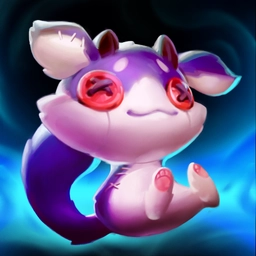
Dream Maker: Enhanced shields and healing for utility enchanters (e.g., Lulu, Milio).
All upgraded support items provide bonus health, regeneration, and passive gold income, but their unique passives set them apart. Completing your support item upgrades quickly is a major priority, as it unlocks a maximum of 4 ward charges and maximizes your gold income and utility for the team.
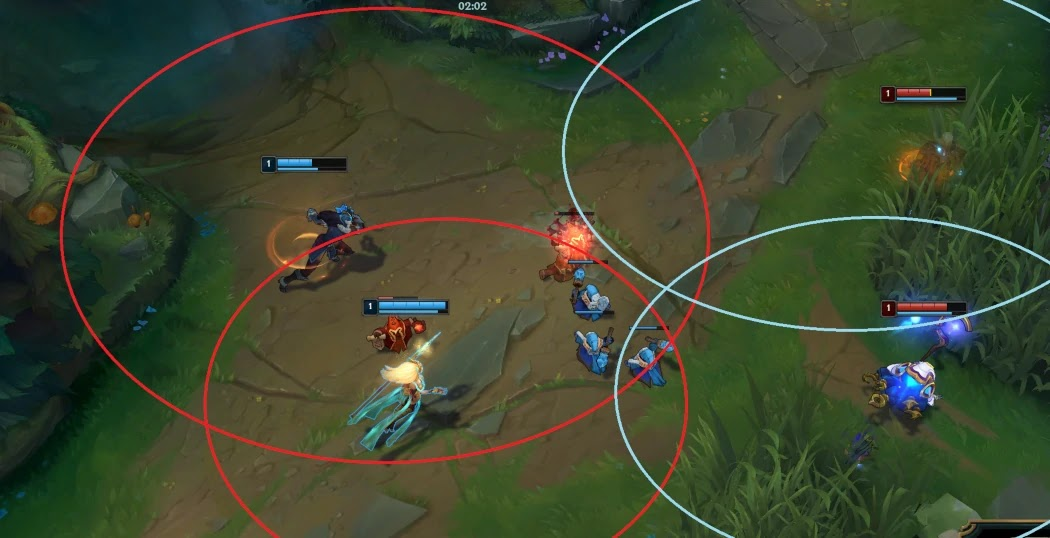
Generally, you want to mirror your ADC's position, staying parallel or slightly ahead/behind depending on the matchup and desired pressure.
Presence is Power: Don't just hide behind your ADC. Step up safely to exert pressure, threaten poke, or posture for an engage. Control the lane bushes – they provide safety and ambush potential.
Know the Matchup: Are you playing an engage support like Leona into a squishy enchanter? Look for opportunities to all-in. Are you an enchanter against a heavy engage lane? Focus on staying safe, poking when possible, and being ready to disengage for your ADC. Understanding the lane dynamics determines your aggression level.
Minion Management: While you don't last hit (unless using support item executes), be aware of the minion wave. A large wave crashing into your tower makes you vulnerable to dives, while pushing the wave under the enemy tower opens them up to ganks from your jungler.
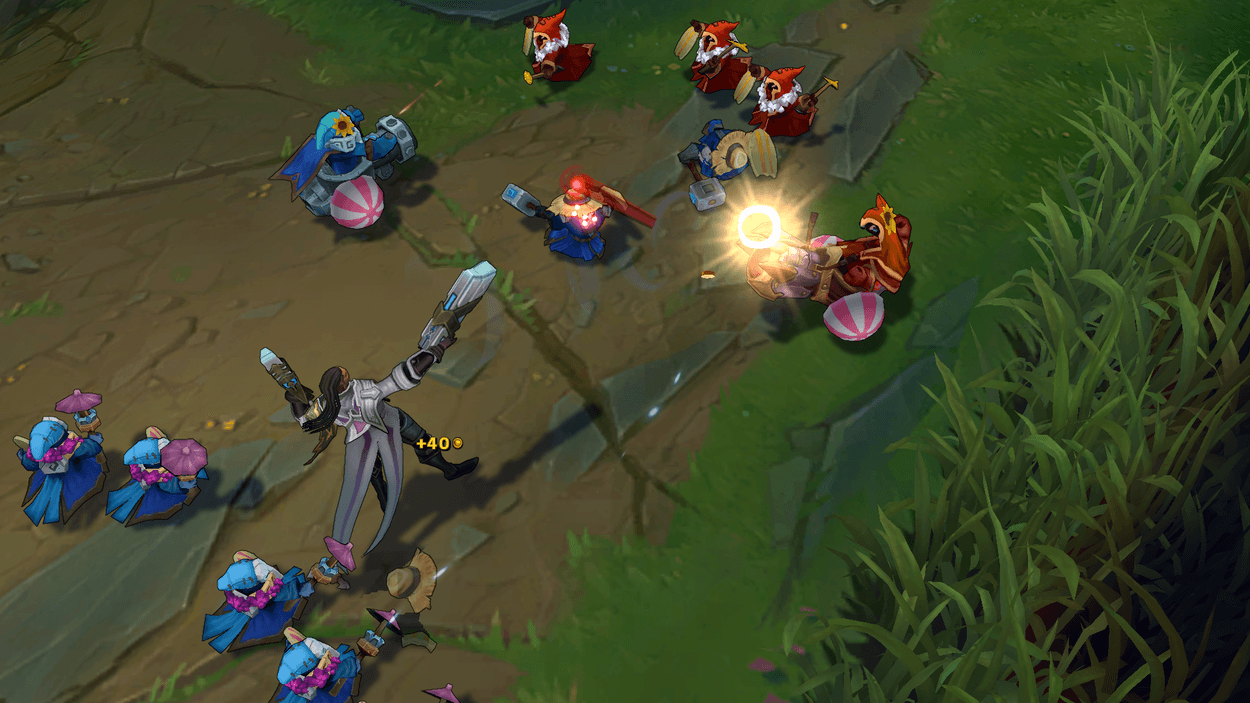
Your primary job while staying in the bot lane is often boiled down to this: help your ADC farm safely, or even better, snowball their advantages. Use your abilities to peel enemies off them, shield or heal incoming damage, and use crowd control to stop enemy aggression or set up favorable trades. A safe ADC is a farming ADC, and a farmed-up ADC is a win condition.
Vision control is the support’s most vital responsibility, and the new support item system makes this role even more impactful. As your World Atlas upgrades, first at 400 gold, then at 800 gold, you unlock additional ward charges, directly increasing your ability to control vision on the map.
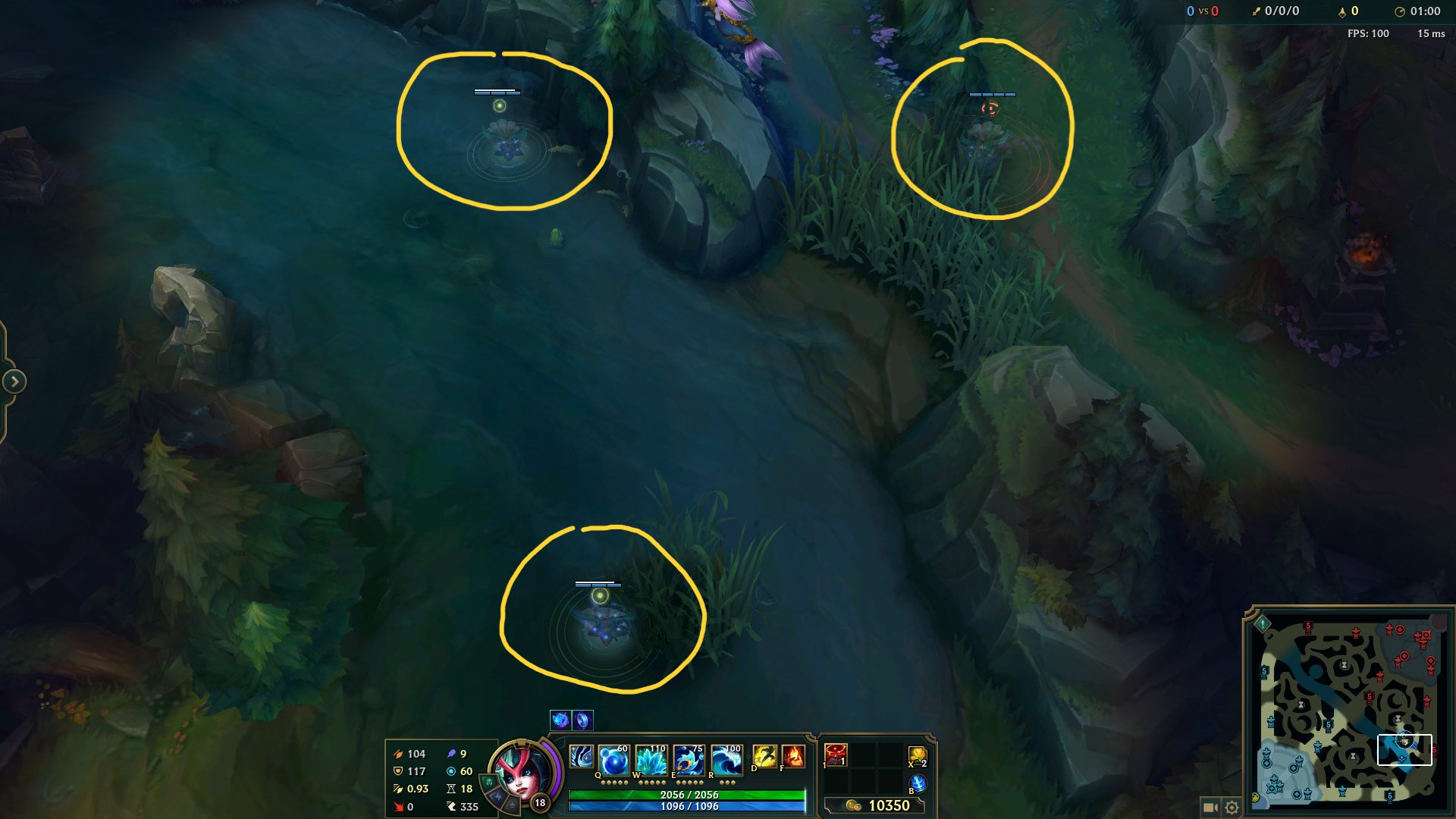
After the final upgrade at 800 gold, your chosen support item grants the maximum number of ward charges. This allows you to maintain vision in critical areas such as river entrances, jungle paths, and around objectives like Dragon and Baron. The increased ward capacity means you can always keep high-priority zones covered, making it much harder for the enemy to move undetected.
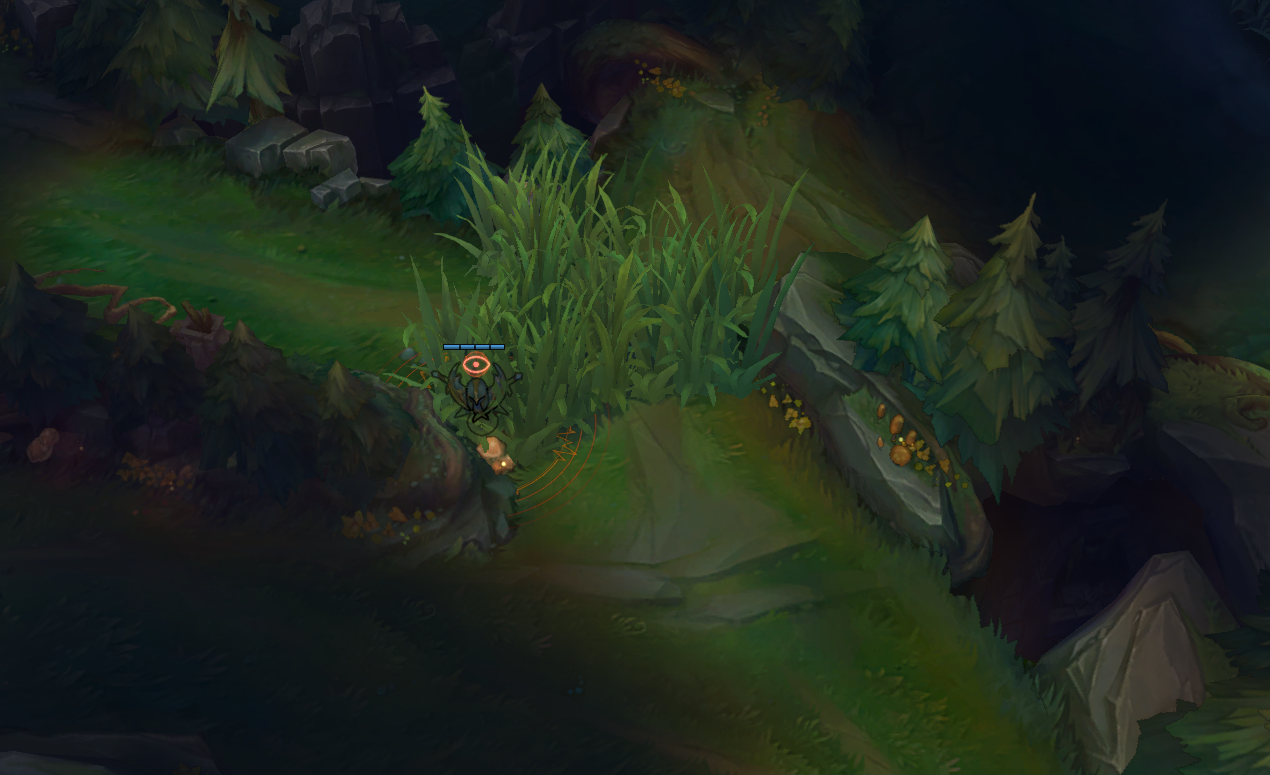
These visible wards disable and reveal nearby enemy wards and hidden traps. They are essential for denying enemy vision around objectives like Dragon and Baron, or securing vision in critical bushes. Placing a Control Ward in the river bush can provide long-lasting safety for your lane.
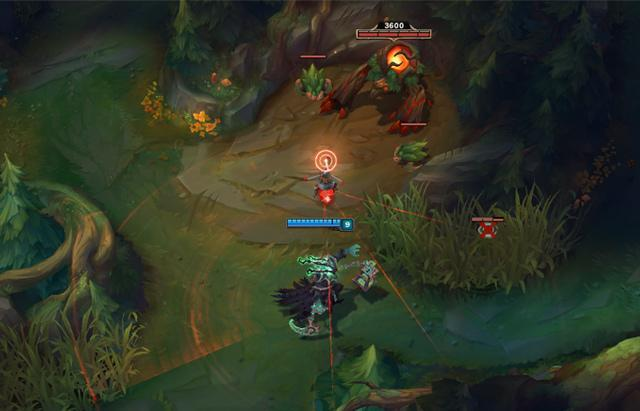
Once your support item is fully upgraded, consider swapping your Stealth Ward trinket for Oracle Lens. The combination of extra ward charges from your item and the sweeping power of Oracle Lens allows you to both establish vision and deny enemy wards more efficiently.
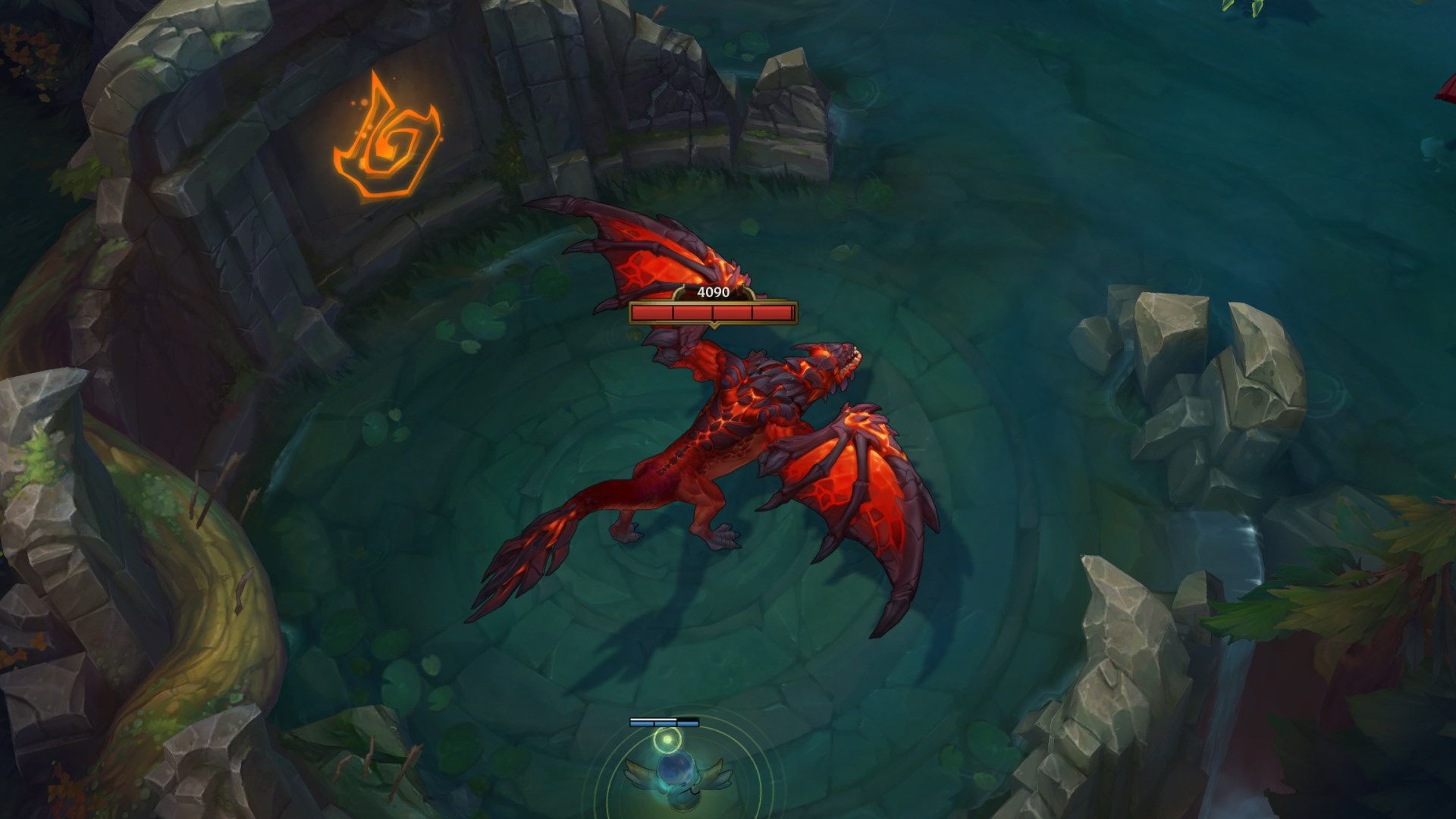
Use the additional ward charges to layer vision around upcoming objectives. Place deep wards in the enemy jungle to track rotations, and reinforce vision around your own jungle to prevent invades. Control Wards remain essential for denying vision in key locations.
The flexibility granted by your upgraded support item means you can adapt your vision as the game evolves, protecting your ADC in lane early, then shifting to deep and objective-focused wards as the game transitions to mid and late stages.
Completing your support item upgrades quickly maximizes your vision impact, enabling your team to secure objectives, avoid ambushes, and make informed decisions throughout the game.
Knowing where and when to ward is a skill learned through experience and coaching. Prioritize the enemy jungler's warding paths for ganks and around upcoming objectives. Denying enemy wards is just as vital as placing your own.
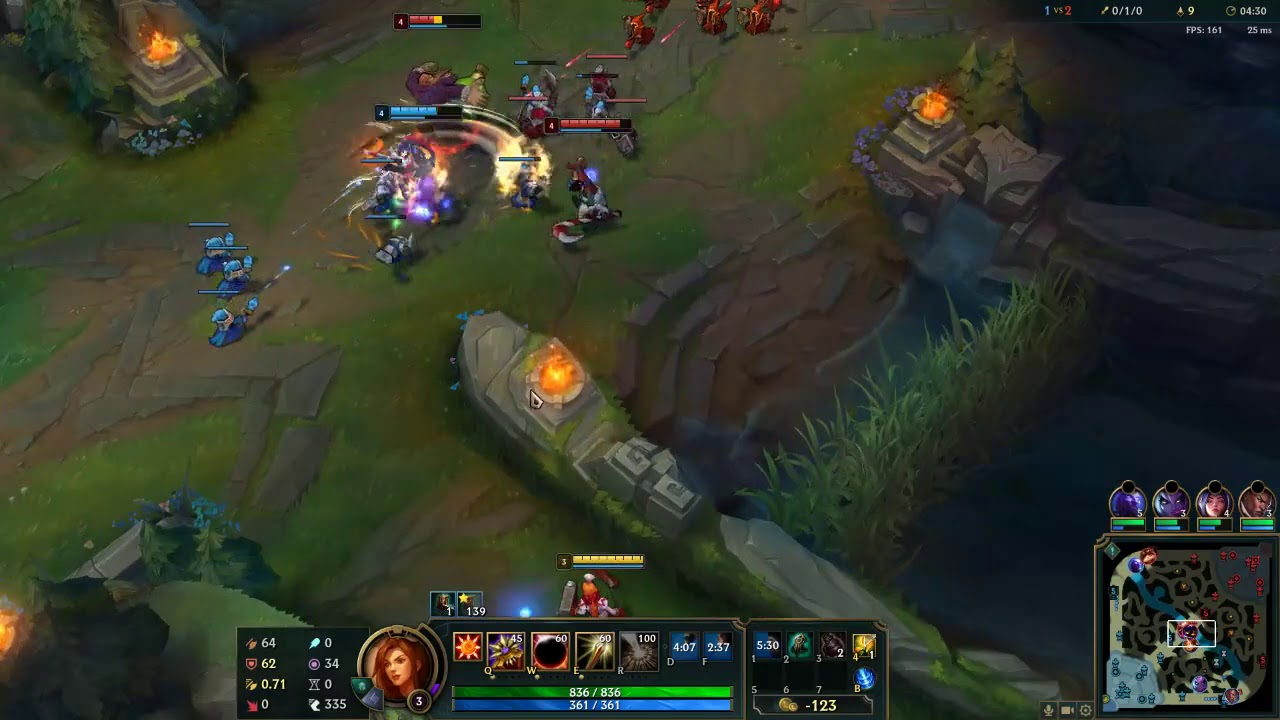
While your primary focus starts in the bot lane, a good support knows when and how to roam. Roaming involves leaving your ADC temporarily to assist other laners or your jungler.
The best times to roam are typically when:
Move through areas likely unwarded by the enemy team. A successful roam might involve helping your mid laner secure a kill, assisting your jungler with an invade into the enemy jungle, or simply placing deep vision wards to track the enemy jungler. Always assess if the potential benefit of the roam outweighs the risk of leaving your ADC alone. Communication is key: let your teammate know you're coming!
As the laning phase ends and teams group for objectives and team fights, the support role transitions.
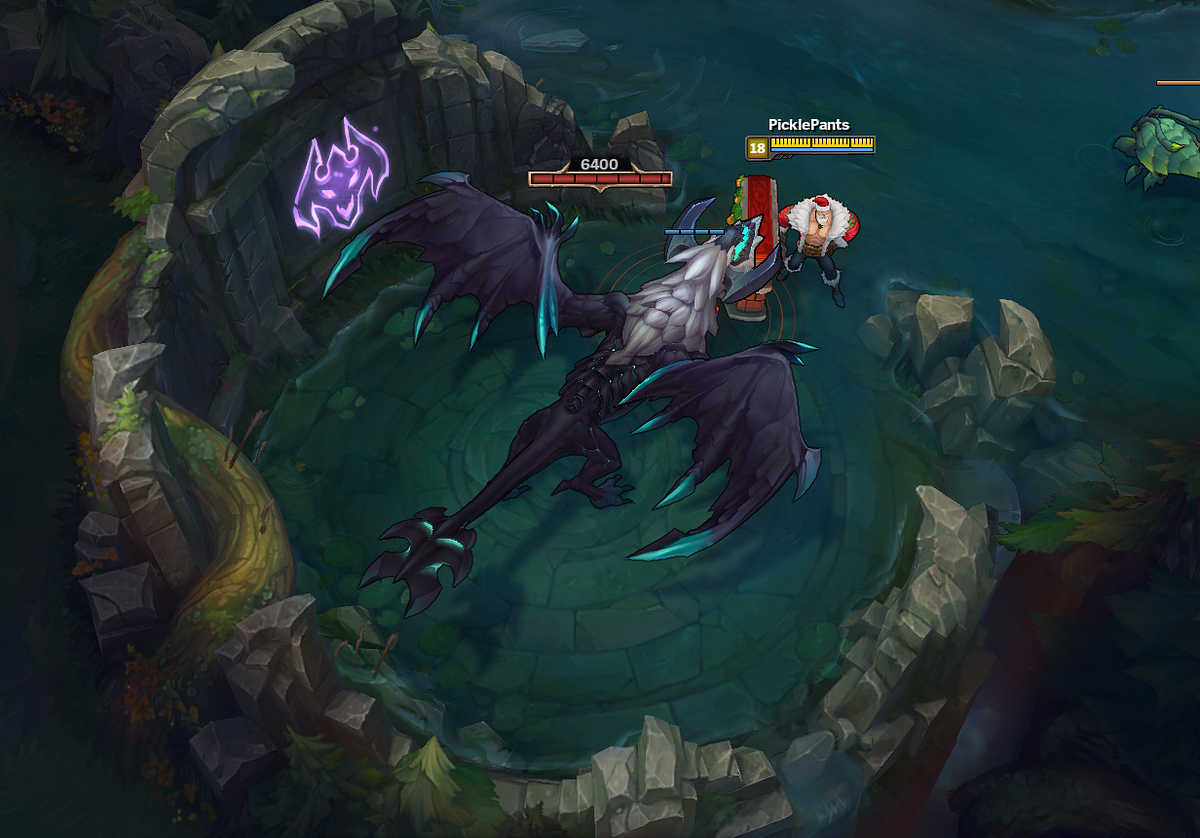
Vision around Dragon and Baron Nashor becomes paramount. Use your wards and sweepers to control these areas, denying enemy vision and providing intel for your team.
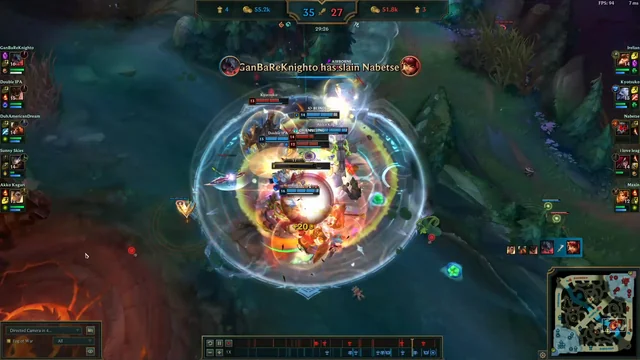
Your role here depends heavily on your champion type. Engage supports look for picks or initiate fights. Enchanters focus on peeling for carries and providing buffs or heals. Mage supports contribute damage and crowd control from the backline. Knowing your job in a chaotic team fight is crucial to winning the game.
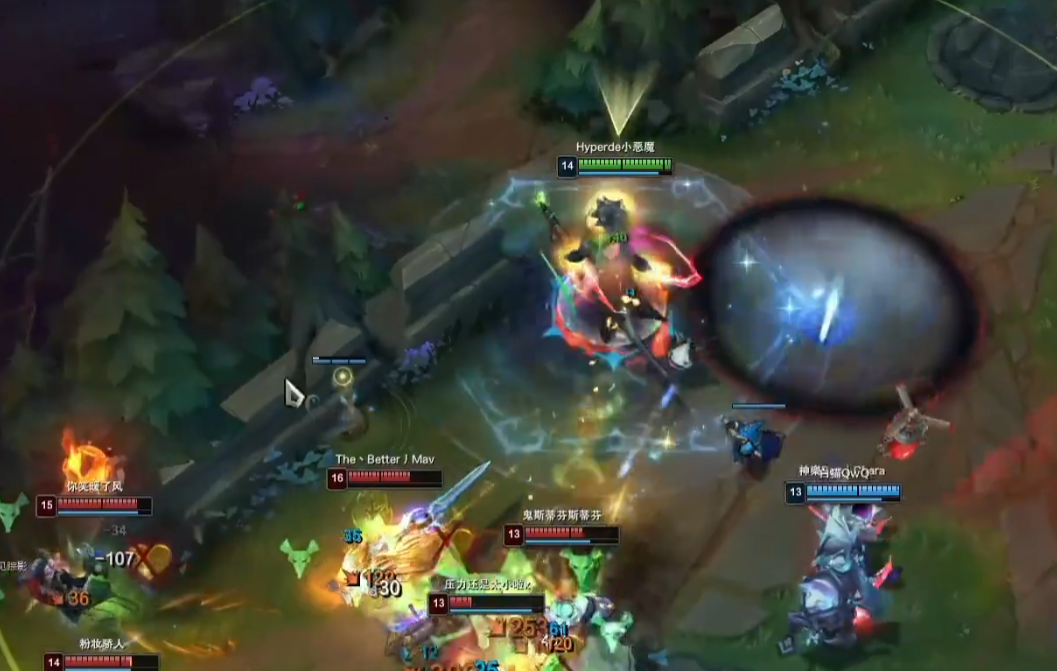
Often, your most important task remains protecting your primary damage dealers from enemy threats, especially assassins or divers trying to reach your backline.
Prioritize Vision: Buy Control Wards consistently and use your ward charges intelligently. Vision wins games.
Master Your Support Item: Understand how it generates gold and complete the support item quest ASAP.
Learn Lane Positioning: Stay active, control bushes, and position according to the matchup.
Know Your Champion's Role: Are you an enchanter, engage, or poke support? Play to your strengths.
Communicate: Use pings effectively to signal danger, intent to engage, or missing enemies.
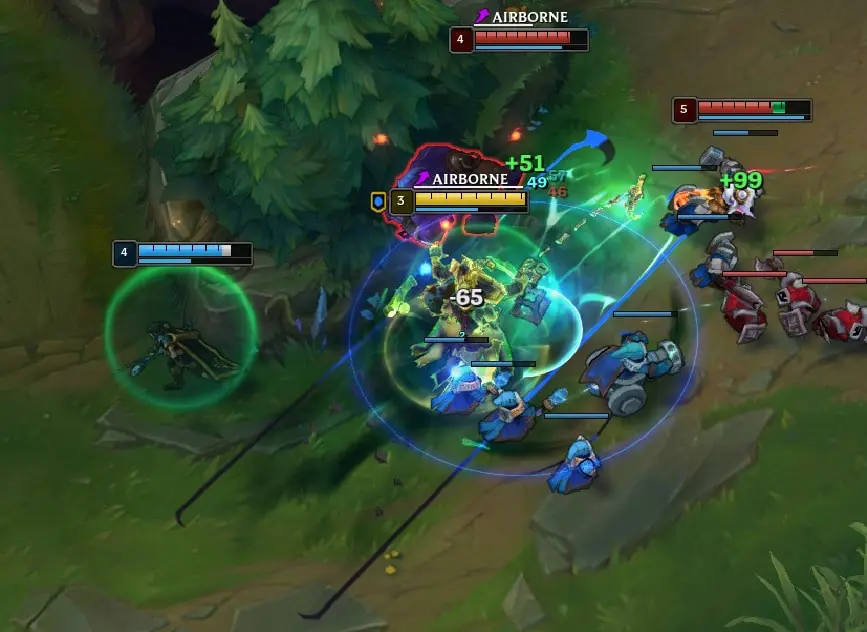
Let Your ADC Farm: Don't take minions unless using support item execute passive.
Roam Purposefully: Look for opportunities to influence the map, but don't leave your ADC vulnerable without reason.
Peel for Your Carries: In team fights, protecting your damage dealers is often your top priority.
Track Key Cooldowns: Know when the enemy bot lane used Flash or key abilities – these are windows of opportunity.
Fast-Track with Support Coaching: Accelerate your progress and unlock your full potential by working with the best League of Legends support coaching.
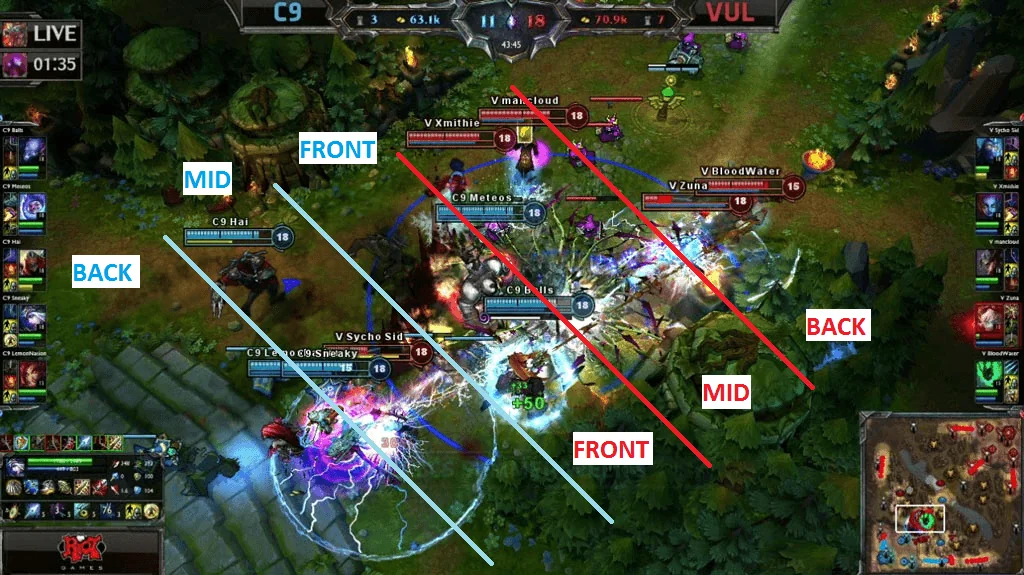
Let’s be real: everything in this guide is just the beginning. These fundamentals are essential, but real games are messy, unpredictable, and full of situations no beginner guide can fully prepare you for. Every match throws new curveballs: awkward comps, wild invades, team diffs, and champion-specific tricks that only come with deep experience.
If you want to move beyond the basics, learn advanced and pro-level strategies, or get tailored advice for your favorite champions, there’s no faster or smarter way than getting coaching. Expert League of Legends coaching gives you direct, personalized feedback and real-time insights you simply can’t get from guides or solo play, helping you break wrong habits, adapt to any situation, and truly master the support role.

Roger is an esports journalist and content writer specializing in League of Legends guides, patch analysis, and coaching insights.
View all articles